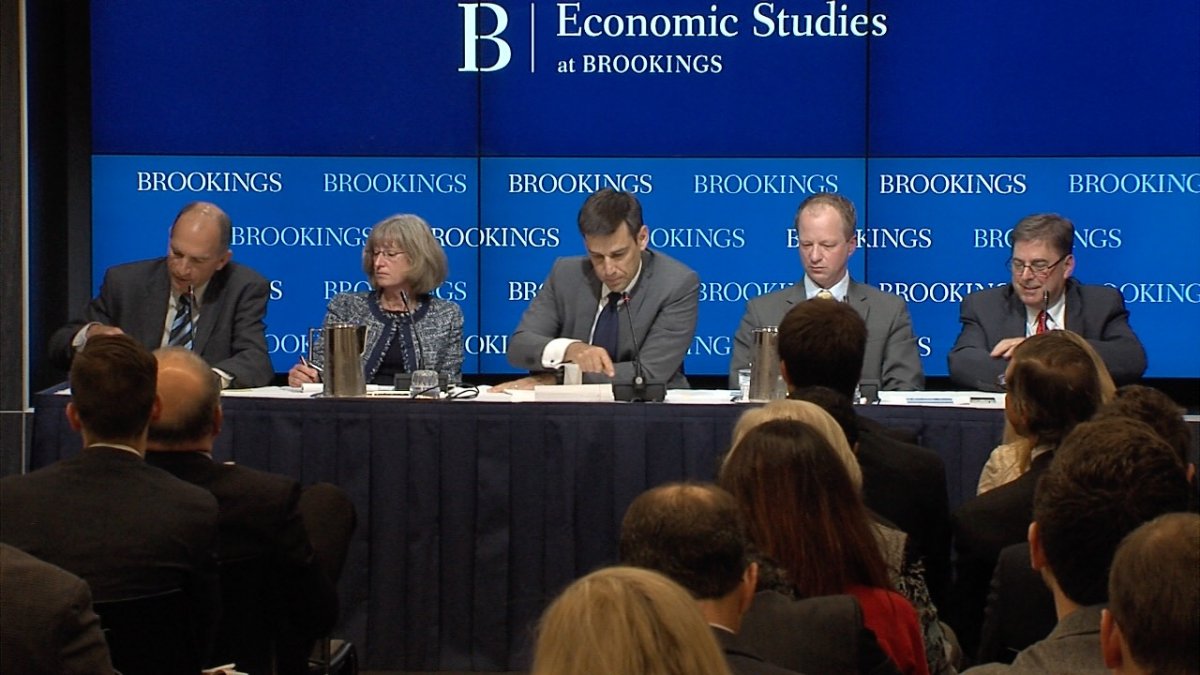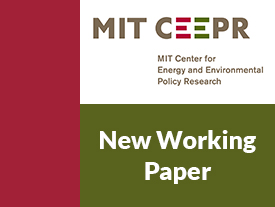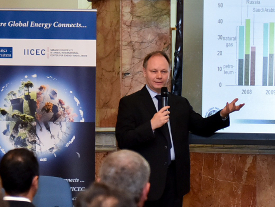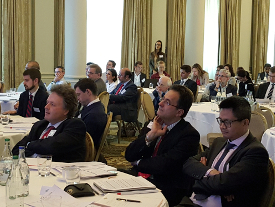
Ten years of the Renewable Fuel Standard
In October, a group of experts gathered at the Brookings Institute to discuss the Renewable Fuel Standard, a policy to promote biofuels that was enacted ten years ago. Participants in the event assessed the success of the legislation and evaluated its effects on greenhouse gas emissions, food prices, and fuel prices.
SEE FULL ARTICLE
Natural Gas Prices and Coal Displacement: Evidence from Electricity Markets
A recent CEEPR working paper uses data from the U.S. Environmental Protection Agency (EPA) and Energy Information Administration (EIA) along with market models to provide an in depth look at the environmental and operational effects of fuel price changes on electricity generators.
SEE FULL ARTICLE
New Study Shedding Light on the Political Economy of Renewable Energy Promotion Policies
A newly published study co-authored by Christopher R. Knittel shows how the asymmetric distribution of costs and benefits of the 2005 Renewable Fuel Standard (RFS) has implications for voting behavior and climate policy choices.
SEE FULL ARTICLE
Tom Sudmann Therkildsen
With great sadness, MIT CEEPR faculty and staff learned of the passing of a long-time friend and supporter, Tom Therkildsen of Statoil ASA. “Tom was one of our most thoughtful and engaged
partners in the energy industry– he will be sorely missedâ€, said CEEPR Director Christopher Knittel.

The Economics and Geopolitics of Natural Gas
On September 7, 2015, MIT CEEPR Senior Research Scientist Sergey Paltsev visited
Istanbul, Turkey, for an invited lecture on the economics and geopolitics of natural
gas at Sabanci University.

EPRG-CEEPR European Energy Policy Conference 2015
On July 9 and 10, CEEPR and EPRG joined forces with Royal Dutch Shell plc to host the
15th installment of the European Energy Policy Conference in London,United Kingdom. Reflecting the disruptive trends affecting various areas of the energy sector, and acknowledging
the importance of the upcoming international climate summit in Paris (COP21), the organizers titled the 2015 conference “Building a Sustainable Future Energy System: More Energy, Better Energy Management, Less CO2â€.

Subscribe To Our Newsletter
Subscribe now and check outour Past newsletters


